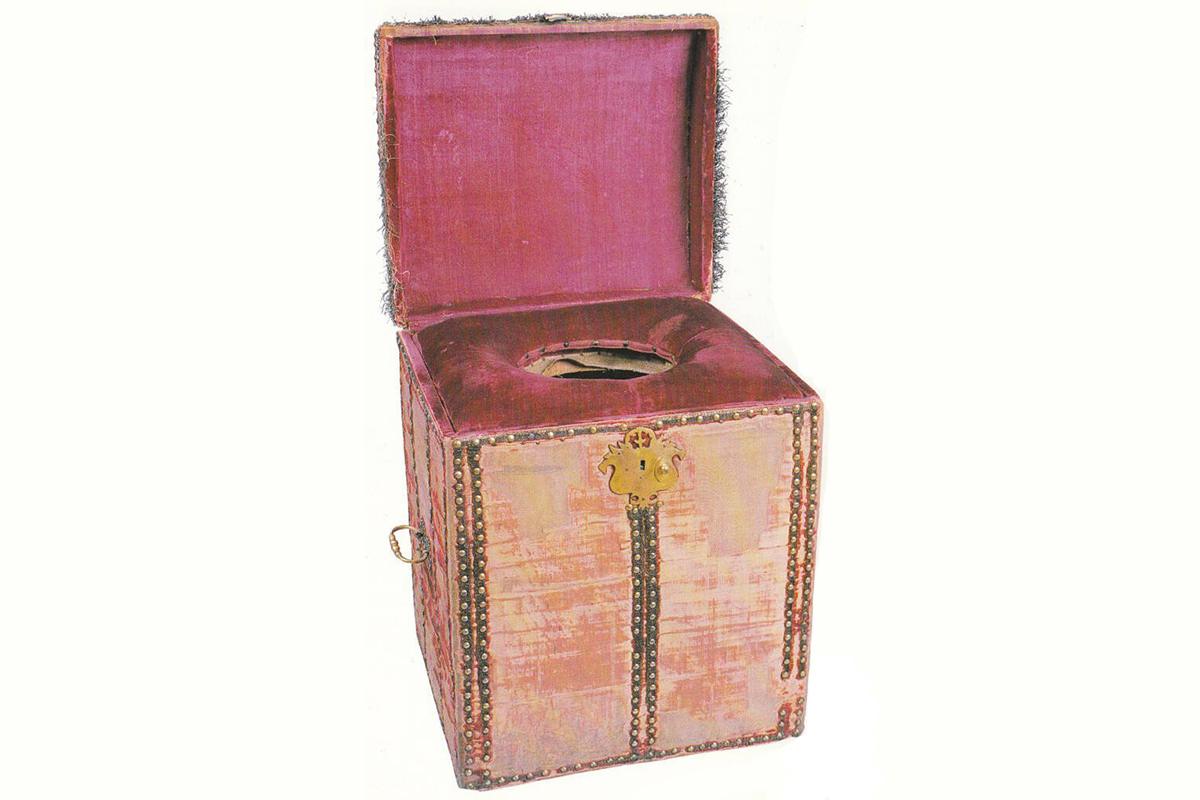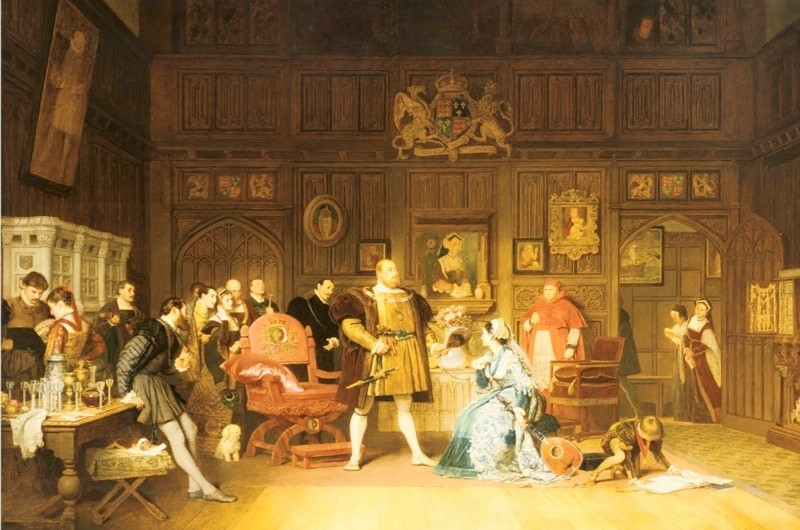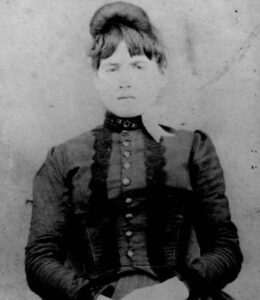
The Tudor Job No One Wanted (and Everyone Envied)
Of all the titles in Tudor England, none was more intimate, or more absurdly powerful, than Groom of the Stool. His duty? To assist King Henry VIII with the most private function imaginable: relieving himself.
It sounds degrading, yet it was one of the highest positions in the royal household. The Groom handled the King’s linen, the water for washing, and the perfumed cloth used after the act. He also held the royal stool chart, a record of the King’s digestive performance. What began as personal hygiene became an index of royal health, and therefore national stability.
Henry VIII’s Stool Was Portable
Henry VIII was no small man. By his later years, he was vast, some reports say over 28 stone and with ulcerated legs that made movement agony. His “close stool,” or portable commode, was a padded wooden chair lined with velvet, containing a removable pewter or silver chamber pot. It travelled everywhere with him: to banquets, hunts, even battles. The Groom followed with towels, water, and discretion.

The King’s Butt Wiper Was Noble No Less
Was it awkward? Undoubtedly. But the Groom of the Stool was often the King’s confidant, chosen from the nobility. Sir Henry Norris, Sir Thomas Heneage, and Sir Anthony Denny all held the post. Imagine it: the King on his commode, chatting about state matters, while his most trusted man stood ready with linen.
Often, A Great Place For Meeting (Perhaps Reminiscent of an iPhone)?
Foreign ambassadors reported that Henry sometimes conducted business there, barking orders between grunts. The royal bowels were at the heart of government.
The Stink Was Smothered In Rosewater
Cleanliness was relative. Linen cloths were used, sometimes soaked in rosewater or vinegar to mask odour. The Groom’s equipment, known as the necessarium, was stored in an ornate chest. As for the waste, it was discreetly carried away by lesser servants to be emptied into cesspits or the moat. The Groom himself was spared that indignity; his hands handled only the cloth, not the pot.

The Powerful Grooms Who Got There By ‘Brown Nosing’
Far from being mocked, the position was envied. To wipe the King was to gain his ear, and sometimes his secrets. Many Grooms rose to immense influence. One contemporary wrote that the post “gave more sway than any office of state.” You might say Henry’s courtiers were truly brown-nosers.
And the King? By all accounts, he had a hearty appetite and a troubled gut, worsened by years of rich food and infection. Chronic constipation and painful ulcers made his temper even fouler. There is no record of him reading while on the stool, but conversation, political or personal, was constant. Silence, it seems, was not royal.
So, next time someone says they work close to power, remember the
Tudor court, where intimacy was policy and loyalty was measured by how close one dared to stand to the throne, especially when it wasn’t just words that needed cleaning up.







